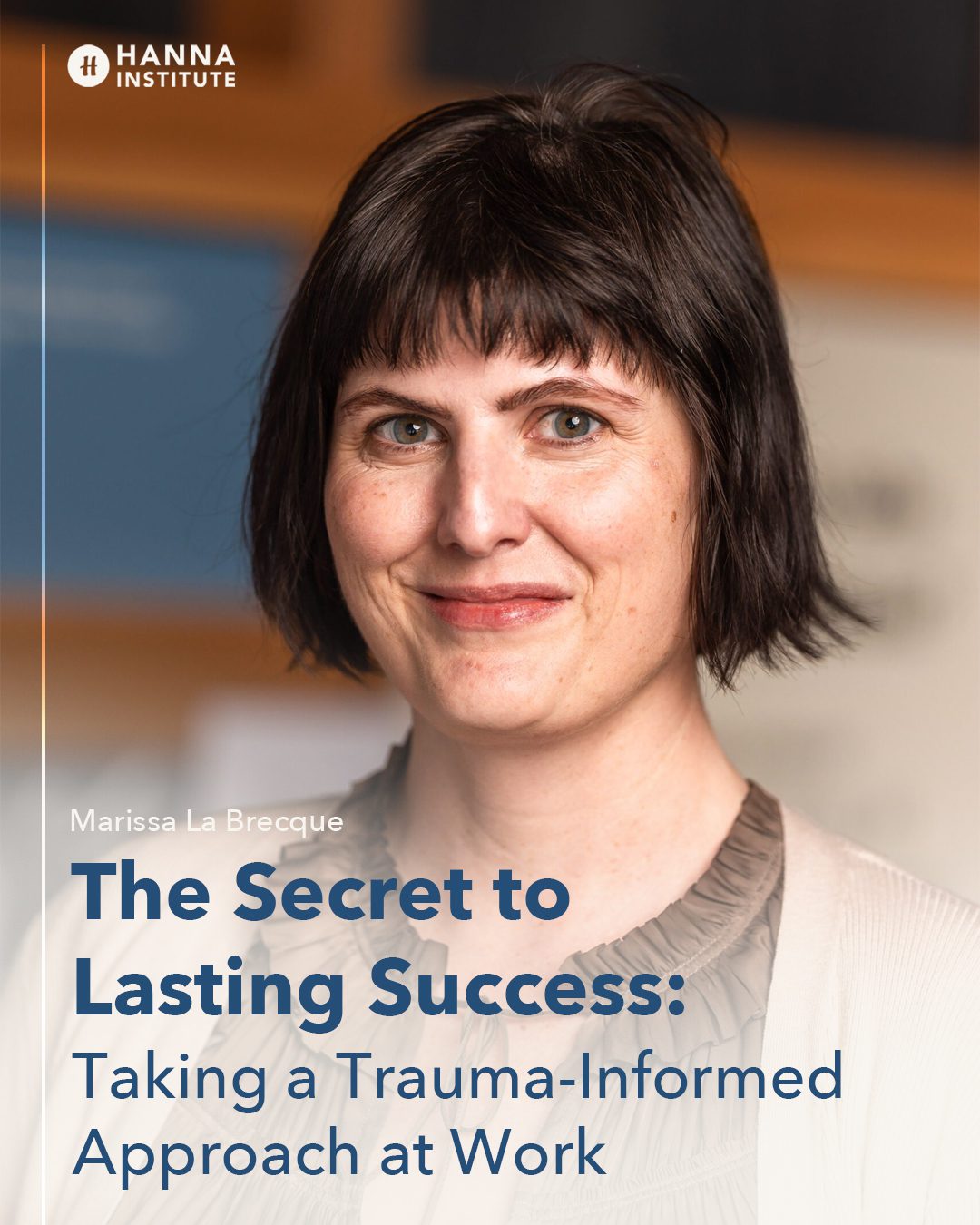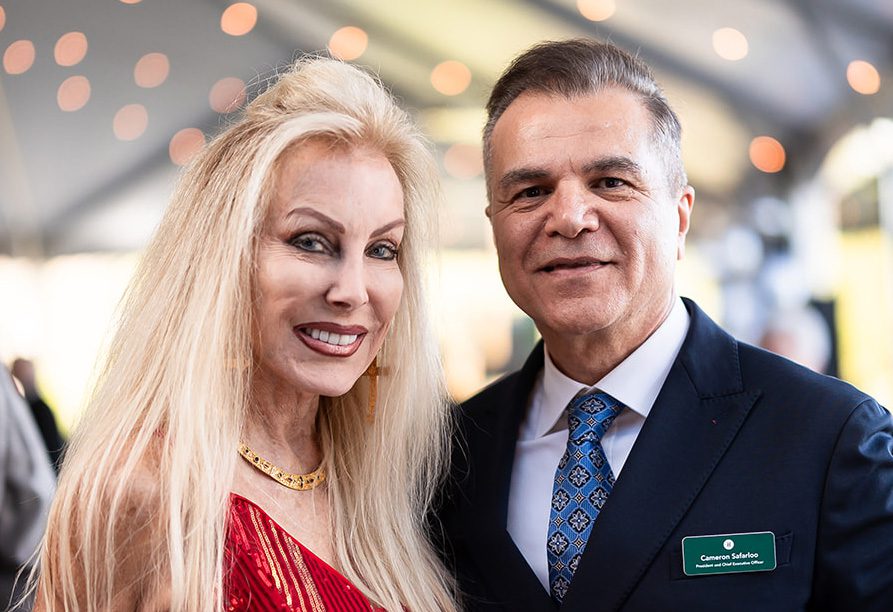Here in Sonoma County, like everywhere across the country, our youth are struggling with mental health. From collective traumas like wildfires and COVID to individual experiences with loneliness, depression, and abuse, there are so many reasons our kids struggle. For parents, teachers, and caregivers, it’s essential to prioritize children’s emotional well-being and provide them with the necessary tools and resources to navigate challenges. One vital resource is counseling.
But meeting with a therapist can be scary — there are so many unknowns, and we have to be careful about how we approach a conversation about therapy with our kids. So let’s explore some effective ways to talk with your kids about counseling, ensuring they understand its benefits and feel comfortable seeking help.
1- Foster Open Communication.
The foundation of discussing counseling with youth lies in creating an environment of open and honest communication. Encourage them to express their thoughts and emotions freely, emphasizing that their feelings are valid and that seeking support is a sign of strength. By fostering trust and understanding, you create a safe space where discussions about counseling can occur naturally.
2- Have Age-Appropriate Discussions.
Tailor your conversations about counseling to suit the age and level of each young person’s understanding. Younger children may benefit from simplified explanations, while older children may require more in-depth discussions. Use age-appropriate language, and be prepared to answer their questions patiently. Remember, your goal is to help them grasp the concept of counseling without overwhelming them with unnecessary details.
3- Normalize The Process.
Counselors are trained professionals who are there to listen, offer guidance, and help you develop coping strategies — not to judge you or make you feel “different.” In fact, everyone can benefit from counseling. So, when you bring up therapy with your child, aim to emphasize that they’re not alone. Let them know how normal it truly is to need a little help sometimes, just like seeing a doctor when they feel physically unwell. From working through past traumas to addressing depression or anxiety, counseling is a common, healthy approach to navigating life’s challenges.
4- Share Positive Stories and Examples.
By highlighting positive stories or examples of people who have benefited from counseling — fictional characters from books or movies, or even friends and family members — you can demonstrate that counseling is a common practice embraced by people from all walks of life. It can go a long way toward helping them realize that seeking help is a positive step toward personal growth and well-being.
5- Lead by Example.
Children often learn through observation, so it’s crucial to lead by example when it comes to prioritizing mental health. If you think you could benefit from therapy, don’t hesitate to seek help. And if you already have seen a counselor, share your own experiences, emphasizing the positive impact it had on your well-being.
6- Address Stigma and Misconceptions:
We recently addressed the stigma surrounding mental health — and it’s important to do the same regarding the stigma and misconceptions children may have about counseling. Clarify that counseling is not a sign of weakness or failure but a proactive step toward self-care. By dispelling stigma and fostering understanding, you empower your children to view counseling in a positive light.
7- Reinforce Confidentiality and Trust:
Assure the child that counseling sessions are confidential and emphasize the importance of trust between them and their counselor. Explain that the counselor’s role is to provide guidance and support while respecting their privacy. Reinforce that they can share their thoughts and feelings openly, knowing that it will remain confidential unless there’s a concern about their safety or the safety of others.
As parents, teachers, and community members, it’s our responsibility to prioritize the mental well-being of our youth. By engaging in open and age-appropriate conversations about counseling, we empower kids to recognize the importance of seeking help when needed and provide them with a solid foundation for growing mental health awareness in their community. Remember, discussing counseling with your kids is an ongoing process, and your continuous support and understanding will contribute significantly to their emotional growth and resilience.
Counseling at The Hub
If you or your loved ones could use the support of a licensed therapist, The Community Mental Health Hub at Hanna is here to help.



